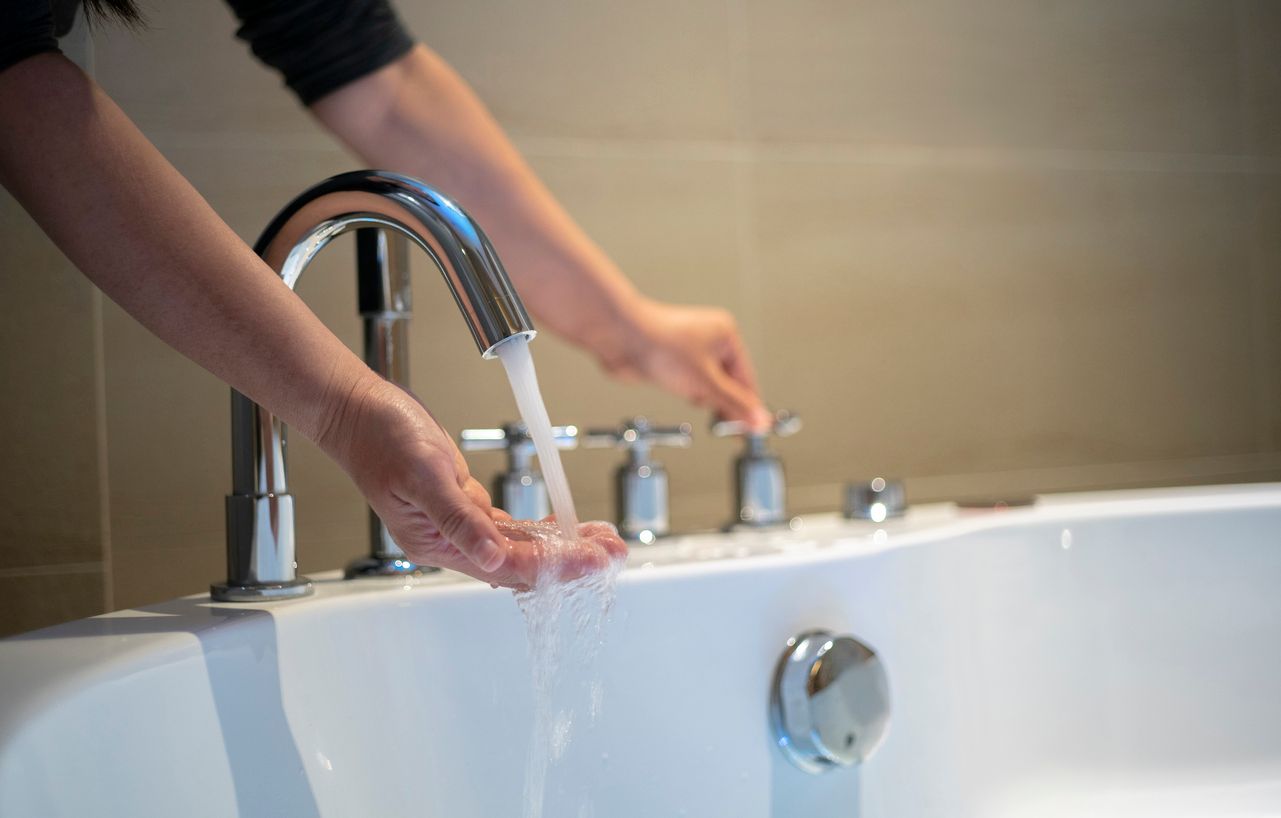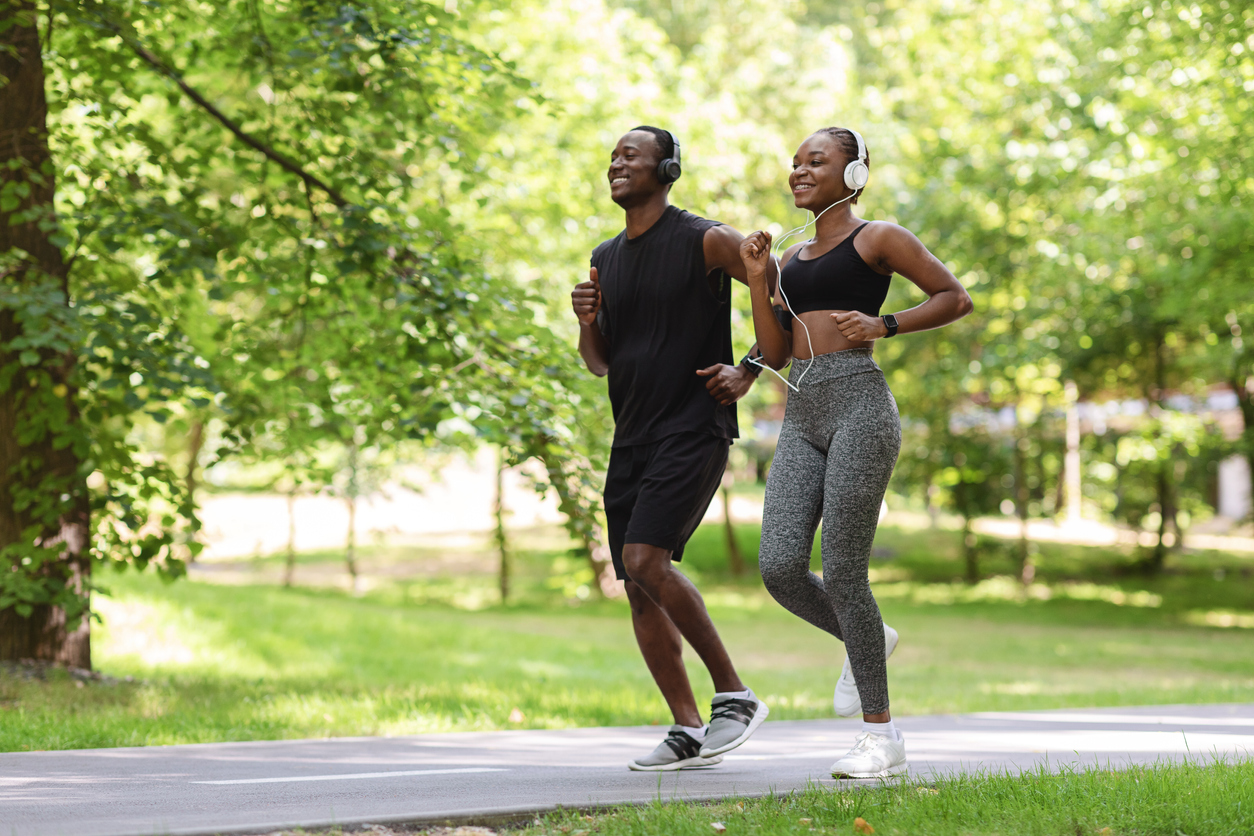Simple Ways to Get Better Sleep This Year
“To sleep, perchance to dream…” So goes Shakespeare’s famous quote. HamletBut for many of those who work with disorders For example, insomniaThe sentiment might feel more like “Perchance to sleep…”
According to the Sleep Foundation adults aged 18-64 need to sleep. Sleeping seven to nine hours Adults 65 years and older need seven to eight hours of sleep per night. Yet, “35.2 percent of all adults in the US report sleeping on average for less than seven hours per night,” The site says so.
The National Heart, Lung, and Blood Institute advises against any form of sleepwalking, teeth-grinding, nightmares, or general insomnia. Not enough Sleep “is linked to many chronic health problems, including heart disease, kidney disease, high blood pressure, diabetes, stroke, obesity, and depression. Sleep deficiency is also linked to a higher chance of injury in adults, teens, and children.”
Fortunately, Chris WinterMD, Mattress Firm’s Neurologist sleep health expertHere are some tips to help you sleep better in 2018. Continue reading to learn more.
READ THIS: According to studies, sleeping in this position can be harmful for your heart..
We all know that it is not a good idea for you to eat before going to bed. Indigestion may occur reflux, but let’s face it: we all do it.
If you are interested in Do not resist the urge Winter is the best choice for nighttime snacks “a carb-heavy snack that’s high on the glycemic index, like a small bowl of (low-sugar, whole-grain) cereal, a banana, or some dried cherries.” These foods “create insulin spikes and positive changes for our tryptophan levels,” Winter says it all, explaining that “Tryptophan, an amino acid, is essential for making serotonin, a sleep-promoting chemical in our brain.”
Winter recommends that you have your nighttime snack at least two hours before bed. Do you really want to go to bed?To. “avoid any indigestion or reflux you may feel if you go to bed too soon after eating.”

A man cave is something you’ve probably heard about, but what about turning your bedroom into a cozy, dark, and relaxing space? Your bedroom should be “a place that invites rest and regeneration,” advises Winter. “Make sure your bedroom is quiet, cool, comfortable and not cluttered.” Und most importantly, darkness.
“Melatonin, our sleep hormone, can only make you sleepy if your eyes aren’t seeing any light, but our bedrooms often have many sources of light, like the alarm clock, phone, TV,” Winter explains, suggesting you turn off all of your lights, close the blinds, and use a contoured eye mask if necessary. “Complete darkness is crucial to good sleep,” he says.

To take full advantage of your “sleep cave,” Winter recommends warming up with a shower or bath an hour before bed. “Heating your body has been shown to improve sleep,” he explains. “When our body temperature falls, we feel drowsy due to a natural decrease in metabolic activity.”
Winter advises that a heating pad can do the trick, as well. “I love the beanbag sacks that you can heat in the microwave and wear around your neck,” he says. “Take it a step further and get one that’s stuffed with lavender, which has been shown to help promote sleep as well.”
For more health news sent directly to your inbox, sign up for our daily newsletter.

Exercising in the morning has been shown to have lots of positive health benefits. It’s also a step you can take early in the day towards getting a good night of sleep.
“A great bedtime routine starts in the morning, with about 15 to 20 minutes of exercise,” Winter says, noting that you can keep the activity simple. “Working out in the morning light suppresses melatonin and produces a surge of serotonin that enhances wakefulness and mood.” (And while you’re at it, make your bed in the morning, too—this simple habit has been shown to help people sleep better at night.)
In the evening, engaging in restful exercises such as yoga or meditation about one hour before bedtime can also be helpful, says Winter. “These activities prime our brains for relaxation and sleep.”
" Conservative News Daily does not always share or support the views and opinions expressed here; they are just those of the writer."




Now loading...